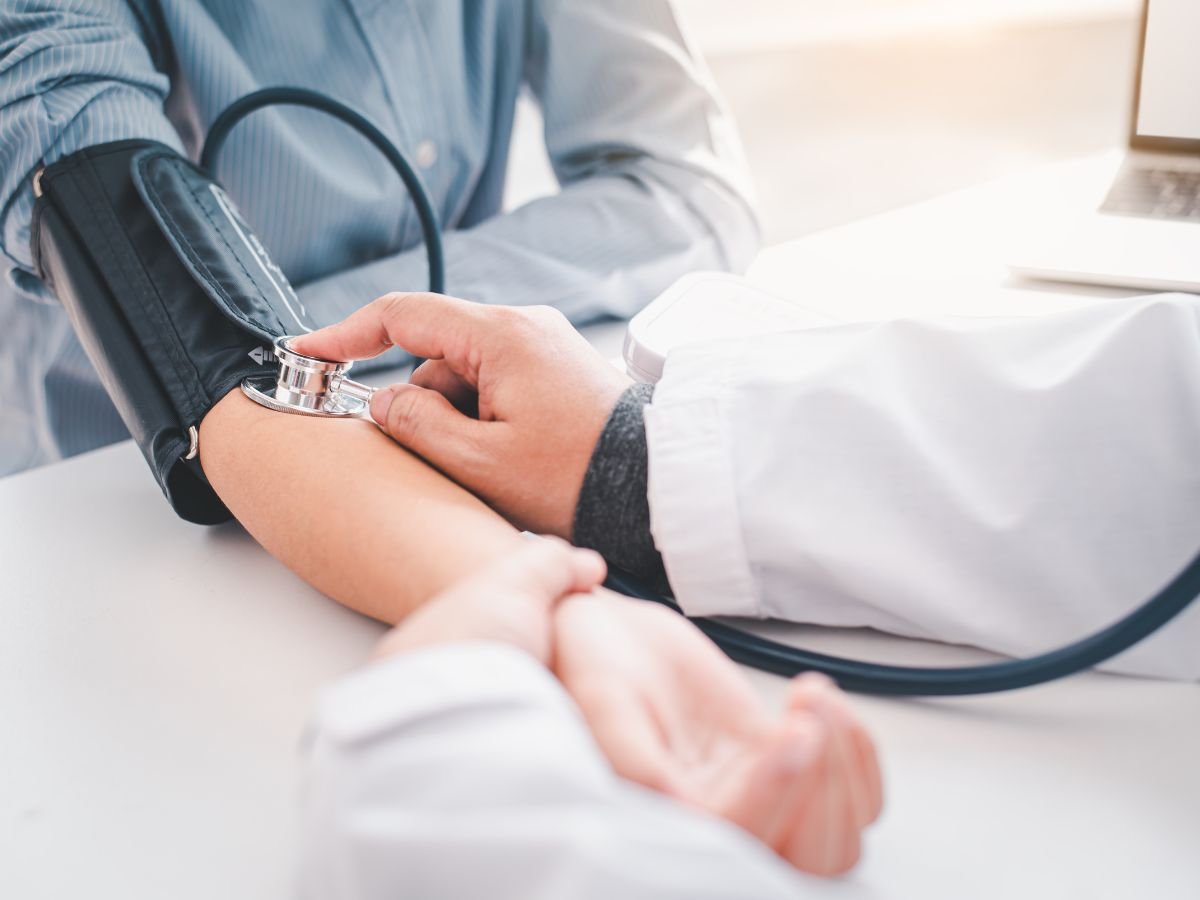New Delhi, 07 June 2025: High blood pressure—also known as hypertension—is one of the most dangerous yet overlooked health conditions worldwide. Often referred to as the “silent killer,” high blood pressure typically shows no symptoms until it causes significant damage to the heart, arteries, kidneys, or brain.
In this article, we’ll explore what high blood pressure is, how it affects your heart, and what you can do to prevent life-threatening complications like heart attack, stroke, and heart failure.
What Is High Blood Pressure?
Blood pressure is the force of blood pushing against the walls of your arteries as your heart pumps it around the body. It is measured in millimeters of mercury (mm Hg) and recorded with two numbers:
- Systolic (top number): pressure during heartbeats
- Diastolic (bottom number): pressure between beats
A normal reading is below 120/80 mm Hg.
Hypertension is diagnosed when:
- Stage 1 Hypertension: 130–139 / 80–89 mm Hg
- Stage 2 Hypertension: 140+/90+ mm Hg
Long-term uncontrolled high blood pressure damages your arteries and puts extreme stress on your heart.
1. Increases the Risk of Heart Attack
High blood pressure accelerates the buildup of plaque (atherosclerosis) in your arteries. Over time, this narrows and hardens the arteries, reducing blood flow to the heart muscle. If a plaque ruptures and blocks a coronary artery, it leads to a heart attack.
2. Can Lead to Heart Failure
When blood pressure stays elevated, your heart works harder to pump blood. This causes the heart muscles to thicken and stiffen—a condition called left ventricular hypertrophy. Eventually, the heart becomes too weak to pump efficiently, leading to heart failure.
3. Triggers Irregular Heartbeats (Arrhythmia)
Hypertension increases the risk of atrial fibrillation (AFib)—a type of irregular heartbeat. AFib increases your risk of blood clots, stroke, and heart failure.
4. Causes Damage to Arteries
Persistent pressure can weaken artery walls, making them more prone to aneurysms—dangerous bulges that can rupture and cause internal bleeding or death.
Related Complications Beyond the Heart
High blood pressure doesn’t just damage the heart; it also affects:
- Brain: Raises risk of stroke, dementia, and cognitive decline.
- Kidneys: Damages tiny blood vessels, leading to chronic kidney disease.
- Eyes: Can cause vision problems due to hypertensive retinopathy.
Who’s at Risk?
Several factors increase your likelihood of developing hypertension:
- Age (over 40)
- Family history
- Obesity
- Lack of physical activity
- High salt intake
- Smoking and alcohol
- Stress
- Diabetes or high cholesterol
It’s essential to monitor your blood pressure regularly if you fall into one or more of these risk categories.
Symptoms to Watch Out For
Most people with high blood pressure don’t experience symptoms. However, when symptoms do appear, they may include:
- Headaches
- Nosebleeds
- Shortness of breath
- Chest pain
- Fatigue or confusion
- Irregular heartbeat
Remember: hypertension can be symptomless for years, which is why it’s called a “silent killer.”
Can Yoga and Lifestyle Help?
Yes! Studies show that daily yoga, mindful breathing (pranayama), and a disciplined lifestyle can naturally lower blood pressure and improve heart health. These non-pharmacological interventions are especially effective when combined with medical treatment.






